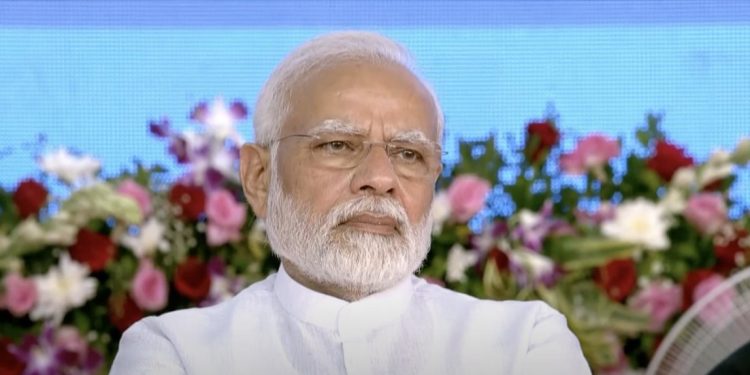Despite the unexpected cancellation of the Sydney Quad summit due to US President Joe Biden’s decision to call off his trip, Prime Minister Narendra Modi remains undeterred and is scheduled to visit Australia next week. He will engage in high-level political discussions and participate in events aimed at connecting with the Indian diaspora. Prime Minister Anthony Albanese confirmed this during an interview with the ABC on Wednesday afternoon.
During his visit, Modi will hold bilateral talks with Albanese and meet with representatives from the business community. Additionally, he plans to address a “very public” rally at Sydney’s Homebush Arena, emphasising his commitment to engaging with the Australian-Indian diaspora.
Albanese expressed his disappointment over Biden’s cancellation, emphasising that a Quad leaders meeting cannot proceed when one of the four leaders is absent.
Originally, Australia had planned hosting a summit of the Quad partnership in Sydney on May 24, culminating with a significant meeting at the iconic Opera House. This event was intended to be accompanied by US President Biden’s address to the Australian parliament in Canberra, making him the first US leader to do so since 2014.
Unfortunately, on Thursday, Prime Minister Albanese announced that Biden had chosen to cancel his trip due to negotiations concerning the US debt ceiling. Instead, he would return to Washington immediately after the Group of 7 talks in Japan over the weekend. Consequently, Japan’s Prime Minister Fumio Kishida also decided to cancel his visit to Australia.
As an alternative, the four Quad leaders will convene during the G-7 meetings in Japan.
Modi’s visit to Australia takes place in the context of Australia’s efforts to strengthen its diplomatic and economic ties with India. These endeavourus aim to counterbalance the escalating strategic competition between the US and China, which happens to be Canberra’s largest trading partner.
Australia is engaged in ongoing negotiations for the second phase of a free trade agreement with India. Additionally, the country’s valuable tertiary education sector is receiving support from a burgeoning Indian diaspora, contributing to its growth and development.











